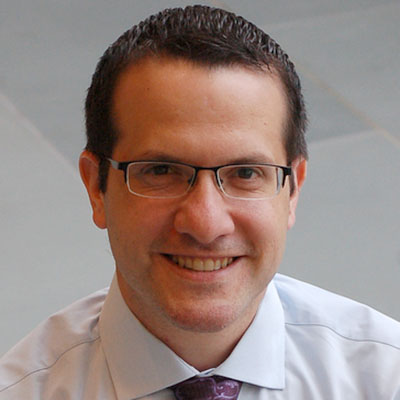The debate continues.
As I said before, I think debate is good. And I don’t think there is necessarily a right or wrong here. Research is, more often than not, baby steps. Each study adds a small amount to our understanding; each study is only so generalizable. Avik believes that the research speaks to the harm Medicaid is doing. I think that the evidence is not so clear. But I come from the pediatric world, and the research in pediatrics and Medicaid isn’t necessarily the same as the research in surgery, which Avik cites:
As to Carroll’s point about the fact that the uninsured aren’t getting mammograms and colonoscopies, but Medicaid patients are: that isn’t true, because Medicaid patients can’t get appointments to see doctors (see above). If Carroll was right, it would only render even more striking the fact that the uninsured have their cancers detected earlier than do Medicaid patients. With breast cancer specifically (since he brings up mammograms), Medicaid patients were 31% more likely to have late-stage breast cancer than the uninsured. With surgical resections for colon cancer (since he brings up colonoscopies), in a separate study, Medicaid patients had a 27% higher risk of mortality than the uninsured, and a 9% higher risk of surgical complications.
I freely admit I’m not as well versed in the surgical literature as I am in the pediatric literature. There are only so many hours in the day, and I really do have a full time job. But I think we are fundametally interpreting this literature differently. I have trouble understanding the idea that Medicaid patients have more trouble seeing doctors than uninsured patients because of Medicaid. The pool of physicians uninsured people can see is equal to the ones they can afford to pay out of pocket. The pool of physicians a patient a on Medicaid can see is equal to the ones that accept Medicaid plus the ones they can afford to pay out of pocket. So the pool of physicians a Medicaid patient can see is actually a superset of those that the uninsured can see.
Of course, it’s entirely possible that those on Medicaid can’t afford to see the same physicians that the uninsured can, because the Medicaid population if often poorer than the uninsured. That would be a key difference, and not the fault of Medicaid.
This should not be taken as any sign that the studies Avik cites don’t show Medicaid is flawed. It absolutely is. Not even single payer advocated believe that we should have Medicaid-for-all. YES, Medicaid is flawed. It’s state based, so it can run out of money. It reimburses too little. It needs to be improved.
But because Medicaid is state based, it can differ in quality from state to state. It ranges in its benefits from state to state. The number and quality of docs who accept it differ from state to state.
Contrary to what some believe, I welcome high quality research no matter what the outcome. The only way we can improve the system is to first find out what is wrong with it. And so I hope Avik is not talking about me when he says:
Skeptics of the study are setting themselves up for disappointment if they hope that the detailed results will exonerate Medicaid.
I’m not skeptical of this study. I’m skeptical of all studies until I can personally evaluate their methods. And I won’t be disappointed no matter what the final outcome because I have no vested interest in Medicaid. I have a vested interest only in a high quality, cost-effective health care system.
As I have said before:
You can’t ignore [research] because it doesn’t fit your ideology… [w]hen you do science, you agree to accept the results…
That’s how it goes in research.


